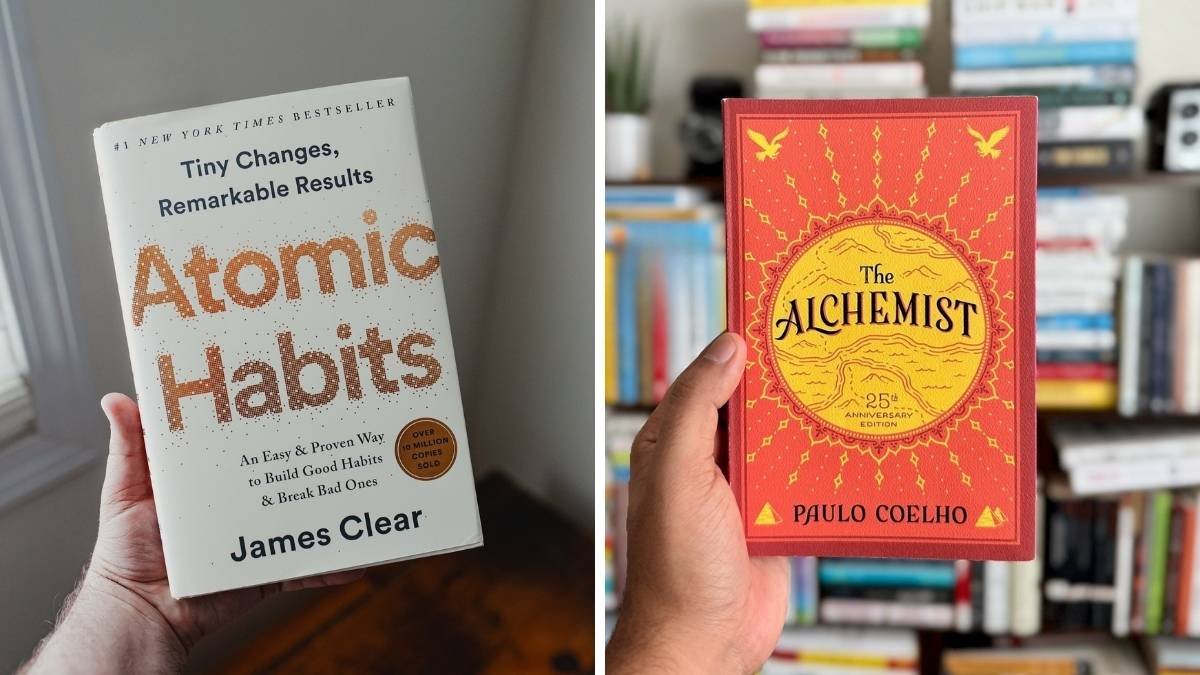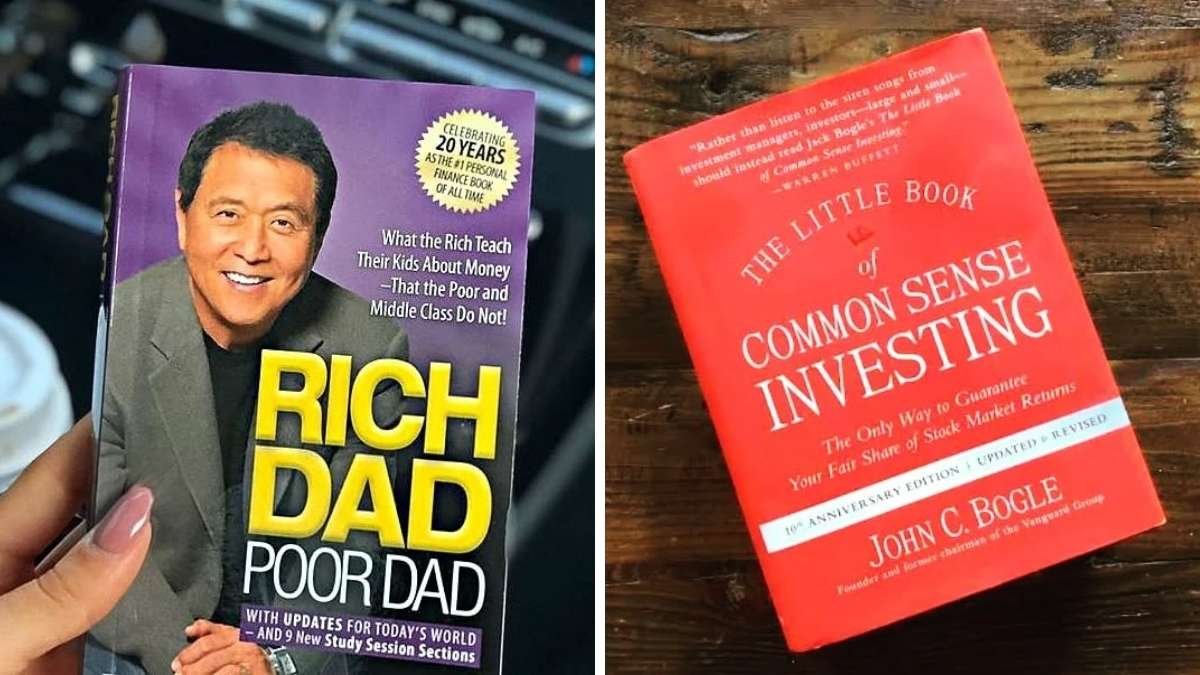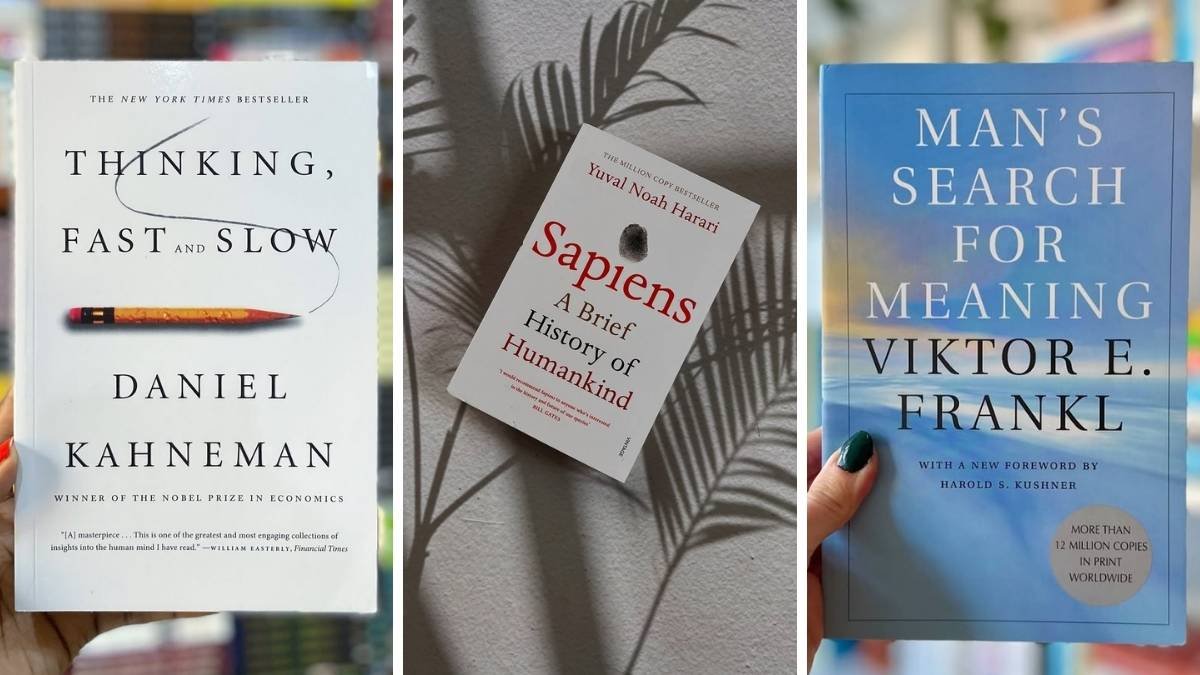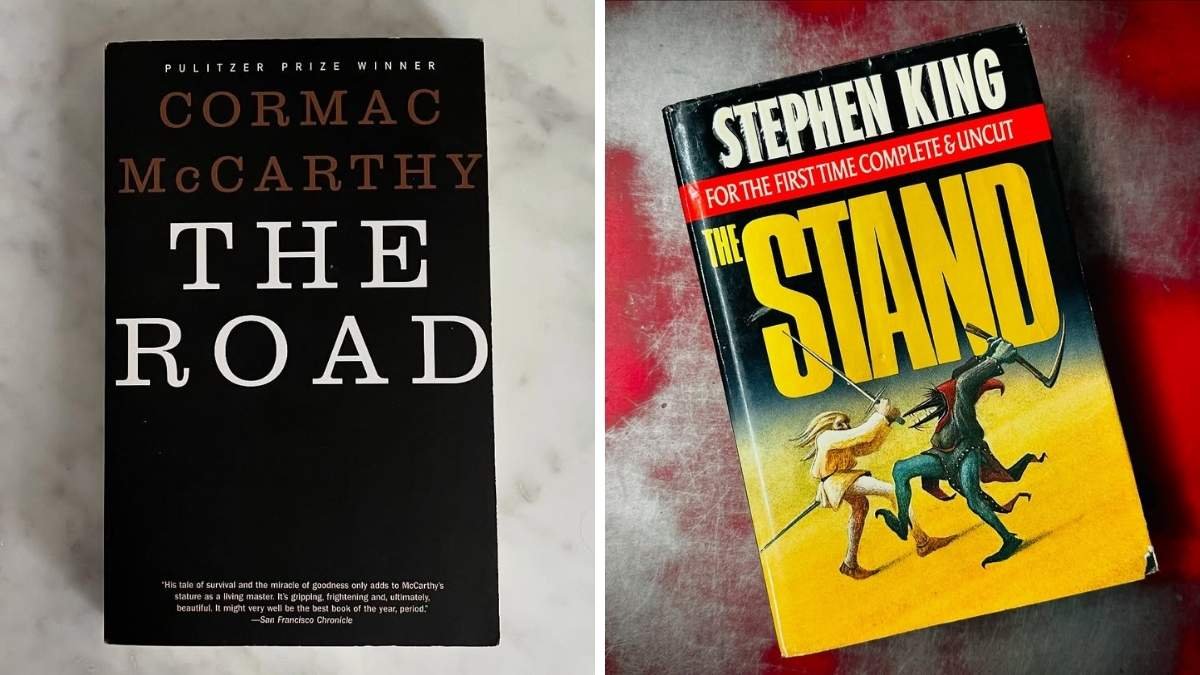
Let’s face it: in our hyper-connected world, unplugging feels like a luxury. Countless lists tell you to “go hike a mountain” or “meditate in a forest glade,” but what if you’re not a granola-grabbing yogi? What if you’d rather recharge by snuggling on your couch with a mug of tea and a good book?
Fear not—these 15 titles are your digital detox toolkit, offering wisdom, wonder, and soul-nourishment without requiring a single pinecone or sandals. Here are the first five picks, designed to help you disconnect and reconnect with what truly matters.
1. “Atlas of the Heart: Mapping Meaningful Connection” by Brené Brown

Brené Brown’s latest is not just a book; it’s an emotional cartography course. Drawing on decades of research, she maps the hidden highways of human connection, exploring how we navigate vulnerability, boundaries, and belonging. If you’ve ever felt isolated in a crowded room or struggled to articulate what “lonely” really feels like, Brown’s work is a lifeline. She breaks down complex emotions into digestible concepts, like the difference between “solitude” (a choice) and “loneliness” (a wound).
Why It Works: The book’s genius lies in its balance of science and storytelling. Brown shares raw anecdotes (including her mishaps) to prove that imperfection is the secret sauce of connection. By the end, you’ll feel like you’ve gained a new superpower: the ability to decode your own heart.
2. “The Art of Stillness: Adventures in Going Nowhere” by Pico Iyer

Iyer’s manifesto is a love letter to the beauty of “doing nothing.” In a world obsessed with productivity, he argues that stillness is the missing ingredient in our lives. Through essays on monasteries, airports, and silent retreats, he shows how stopping to breathe can spark creativity and clarity. A favorite passage describes a monk who practices “running meditation”—moving slowly to stay present.
Key Takeaway: Iyer’s writing is both poetic and practical. He doesn’t preach; he invites. Whether you’re a chronic planner or a binge-watcher, his ideas will challenge you to carve space for quiet. As he writes, “The greatest journey is the one you take inward.”
3. “The Power of Now” by Eckhart Tolle

This spiritual classic has been passed between burnt-out souls for decades. Tolle’s premise? Most suffering stems from ruminating on the past or anxiously projecting into the future. By anchoring yourself in the present moment, you liberate yourself from mental chatter. Sounds simple, but Tolle’s exercises (“Notice the sensations in your body right now”) are deceptively powerful.
For the Skeptics: If words like “mindfulness” make you cringe, Tolle’s no-nonsense approach might win you over. He’s less about incense and more about pragmatism. A reader once told me, “This book taught me to stop fighting my anxiety and just… breathe.”
4. “Atomic Habits” by James Clear

Okay, this one’s a sneaky inclusion. While not overtly spiritual, Clear’s science-backed guide to habit-building is a game-changer for anyone trying to unplug. He argues that small, consistent actions—not grand gestures—create lasting change. Want to spend less time scrolling? Start with a “1% habit,” like leaving your phone in another room for 10 minutes a day.
Aha Moment: Clear’s concept of “environment design” is gold. He shows how tweaking your surroundings (e.g., hiding social media apps) makes desired behaviors effortless. As he writes, “We rise and fall by the systems we build.”
5. “The Alchemist” by Paulo Coelho

This modern myth has sold over 150 million copies for a reason. It’s about Santiago, a shepherd boy chasing his “Personal Legend.” The story is simple but profound, weaving themes of intuition, destiny, and the universal “Language of the World.” Coelho’s message? Your soul’s purpose isn’t hidden in a mountain—it’s written in your daily choices.
Why It Resonates: The book’s parable format makes it accessible. One reader confided, “It made me realize my ‘legend’ isn’t some grand quest—it’s showing up for myself every day.” Plus, who doesn’t love a good desert adventure?
6. “The Untethered Soul: The Journey Beyond Yourself” by Michael A. Singer

Michael Singer’s guide is a mental workout in disguise. He encourages readers to observe their thoughts like clouds passing in the sky—a practice that dissolves anxiety by creating distance between you and your mental chatter. If you’ve ever felt trapped by self-doubt or emotional turbulence, Singer’s concept of the “witness consciousness” is a game-changer. It’s the mental equivalent of hitting “mute” on a chaotic podcast.
The Magic in Simplicity: Singer’s advice isn’t about suppressing emotions but observing them without judgment. One reader described it as “watching a storm instead of getting drenched.” By the end, you’ll wonder why no one taught you this in school.
7. “Man’s Search for Meaning” by Viktor E. Frankl

Frankl’s harrowing yet hopeful memoir from a Holocaust survivor asks: What gives life purpose, even in suffering? Written in a prison camp, his answer is deceptively simple—finding meaning in every moment, whether through love, work, or enduring pain with dignity. This isn’t a self-help book; it’s a survival guide for the soul.
Why It Sticks: Frankl writes, “Everything can be taken from a man but one thing: the last of human freedoms—to choose one’s attitude in any given set of circumstances.” For anyone overwhelmed by modern chaos, his resilience is a quiet revolution.
8. “When Things Fall Apart: Heart Advice for Difficult Times” by Pema Chodron

Pema Chodron’s book is a gentle yet powerful guide to navigating life’s challenges with openness and compassion. Drawing on Buddhist teachings, she encourages readers to embrace uncertainty and pain as opportunities for growth rather than obstacles to avoid. Through stories and practical advice, she shows how we can transform suffering into wisdom and connection.
Key Insight: Chodron writes, “We think that the point is to pass the test or to overcome the problem, but the truth is that things don’t really get solved. They come together and they fall apart. Then they come together again and fall apart again. It’s just like that.”
9. “The Four Agreements” by Don Miguel Ruiz

A modern-day Toltec wisdom manual, this tiny book packs a punch. Ruiz outlines four life-changing principles: Be impeccable with your word, don’t take anything personally, don’t assume anything, and do your best. Sounds simple, but breaking these down reveals how much of our stress stems from self-inflicted narratives.
The “Aha” Moment: The second agreement—don’t take things personally—hits hardest. As Ruiz notes, “Nothing others do is because of you.” For anyone nursing bruised egos from social media snubs, this is liberation in a sentence.
10. “Quiet: The Power of Introverts in a World That Can’t Stop Talking” by Susan Cain

Cain’s celebration of introversion is a balm for the overstimulated. She debunks the myth that “loud equals successful,” championing deep thinking and solitude as drivers of innovation. From Einstein to Steve Wozniak, she proves that quiet focus can change the world.
Reclaim Your Energy: Cain’s research-backed advice—like scheduling “restorative niches” in your day—permits you to prioritize calm. One reader shared, “This book taught me it’s okay to say no to happy hours and yes to book nights.” Music to an introvert’s ears.
11. “The Joy of Missing Out” by Christina Crook

Christina Crook’s book is a refreshing take on the benefits of disconnecting from the constant stream of information and social media. She shares her personal experience of a 31-day internet fast and how it transformed her life. The book explores how missing out can lead to gaining more in terms of presence, meaning, and joy. It’s a call to embrace the freedom that comes with not always being “in the know” or available.
Key Insight: Crook argues that the fear of missing out (FOMO) is a modern plague that keeps us tethered to our devices. By learning to enjoy missing out, we can reclaim our attention and focus on what truly matters. As she writes, “Missing out isn’t failure—it’s an opportunity to engage more deeply with the present.”
12. “Digital Minimalism” by Cal Newport

Cal Newport’s book offers a practical approach to reducing digital clutter and using technology mindfully. He advocates for a “digital detox” of sorts, encouraging readers to take a 30-day break from optional online activities to reassess their relationship with technology. Newport provides strategies for using digital tools in a way that enhances life rather than detracts from it.
The “Aha” Moment: Newport’s concept of “optional vs. necessary” online activities helps readers prioritize their digital consumption. He writes, “Technology is not the enemy, but mindless use of it is.” This book is perfect for anyone who wants to break free from the tyranny of notifications and reclaim their time.
13. “The Seven Spiritual Laws of Success” by Deepak Chopra

Deepak Chopra’s book presents seven timeless principles for achieving success in all areas of life. These laws are rooted in ancient wisdom and include the Law of Pure Potentiality, the Law of Giving, and the Law of Detachment. Chopra explains how aligning with these laws can help individuals cultivate abundance and fulfillment.
Why It Stands Out: Chopra’s writing is accessible and practical, making spirituality relevant to everyday life. He emphasizes that true success is not just material but also spiritual and emotional. One reader shared, “This book taught me that success isn’t about having more—it’s about being more.”
14. “Siddhartha” by Hermann Hesse

This classic novel follows the spiritual journey of Siddhartha, a young man in ancient India seeking enlightenment. Through his experiences with asceticism, love, and materialism, Siddhartha learns that wisdom cannot be taught but must be experienced. Hesse’s prose is lyrical and thought-provoking, making this a perfect book for reflection.
Timeless Appeal: The book’s exploration of self-discovery and the search for meaning resonates with readers across generations. As Hesse writes, “I must find the answer within myself, not through teachings.” It’s a reminder that the journey inward is the most profound journey of all.
15. “The Dark Side of the Light Chasers” by Debbie Ford

Debbie Ford’s book encourages readers to embrace their “shadow selves”—the parts of themselves they often reject or deny. She argues that true wholeness comes from integrating both the light and dark aspects of our personalities. This process of self-acceptance can lead to greater authenticity and peace.
Key Takeaway: Ford’s writing is both compassionate and challenging. She provides exercises and insights to help readers explore their shadows and emerge stronger. As she writes, “We cannot be free until we embrace all that we are.” This book is a powerful tool for anyone seeking deeper self-understanding.







